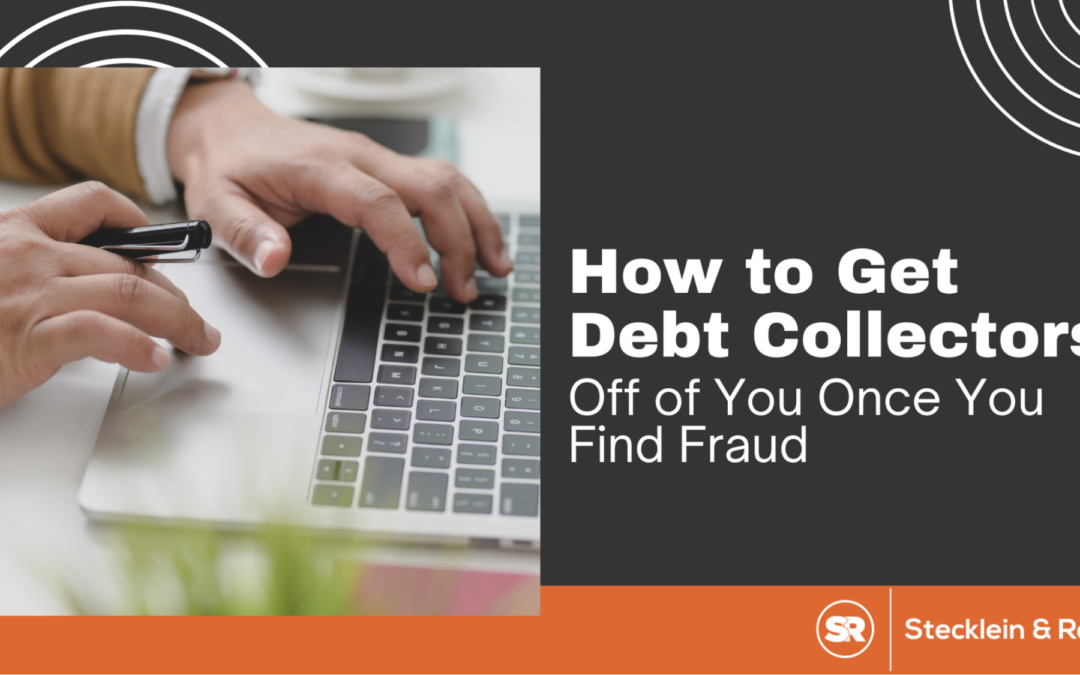I don’t think any of us enjoy getting phone calls from numbers we don’t know, and this is especially true when they ask for money we did not spend. Debt collectors are only doing their jobs, and sometimes what they call about is relevant and can help us. They can be one of the reasons you find out your identity has been stolen, but they can also be an annoying phone call once a day that reminds you of the fact that fraud has occurred.
Thankfully, you have full right to ask them to stop calling you, whether it is your debt or not. Once you request for them to stop calling in writing, they are obliged to listen.
Make Sure They Are Valid Debt Collectors First
Before anything else, you want to ensure you are keeping yourself safe when going through an instance of fraud (and if you are not). You must know for sure that the people calling are truly debt collectors. There are a lot of scams out there. Thankfully, there are some easy ways to tell.
Such as…
- They threaten you with jail time.
- They pose as a government official.
- They pressure you to pay by money transfer.
- They withhold information from you.
- They ask for sensitive financial information.
If an actual debt collector calls, they must state certain information about the debt to collect it from you once you request verification.. This can help you know if it is even your debt, or if they don’t give you this information at all, you can assume they are not who they say they are.
The information must include…
- An itemization of the current amount of debt.
- The account number(s).
- The name of the creditor it belongs to.
- The current amount of debt.
If you believe that a fake debt collector is calling you, do not give them any information about yourself, and call the organization that they claim to be associated with to make sure you are correct and that they know what is happening. Ask them “IF I were to send you a check, where would I mail it”. Fraudsters usually don’t give out addresses. And the google the debt collector and address. Also remember, just because your caller id says it is coming from a certain number, doesn’t mean the number wasn’t “spoofed”. For extra security, check your accounts and watch for fraudulent activity.
Take the Proper Steps to Stop Debt Collectors From Calling You
Once you know the collectors are real, and that the debt they are asking for is not your own, you can start the process of getting them to stop contacting you.
While on the phone with them, you will start by stating that you will send out a written request to them. This request can be to ask for more information about the debt or to simply ask for them to stop contacting you regarding the debt.
If you want to get them to stop calling you, you have to tell them in writing. However, simply telling them to stop contacting you does not erase the debt on your record. Until you dispute the debt, they might still attempt to contact you in different ways and in the form of a lawsuit.
If you believe that the debt is false or it’s inaccurate, you will write to them again to dispute the debt as a whole. If you dispute the debt within the 30-day period of them informing you about it, they cannot try to get that money from you until further notice. This is your chance to dispute it and work with credit companies to get the debt off your record completely while not being bombarded or possibly brought to court by debt collectors.
If they continue to contact you, remember that you have rights under the Fair Debt Collection Practices Act; if they violate those, you can move forward with a case against them. In this situation, you will need to contact a consumer attorney to help.
If you have been violated under the FDCPA or are having difficulty getting your identity back, contact the team at Stecklein & Rapp today.

